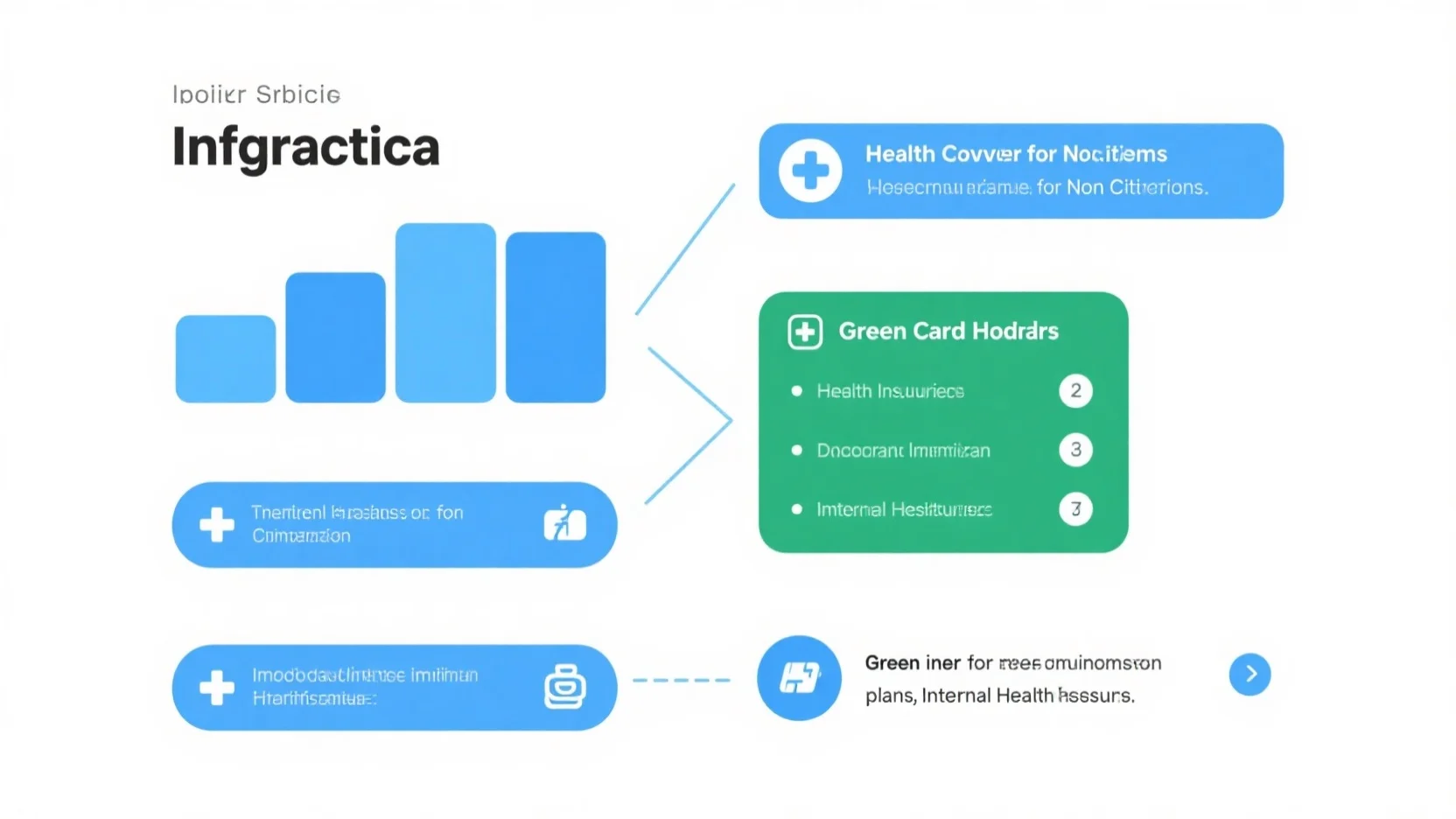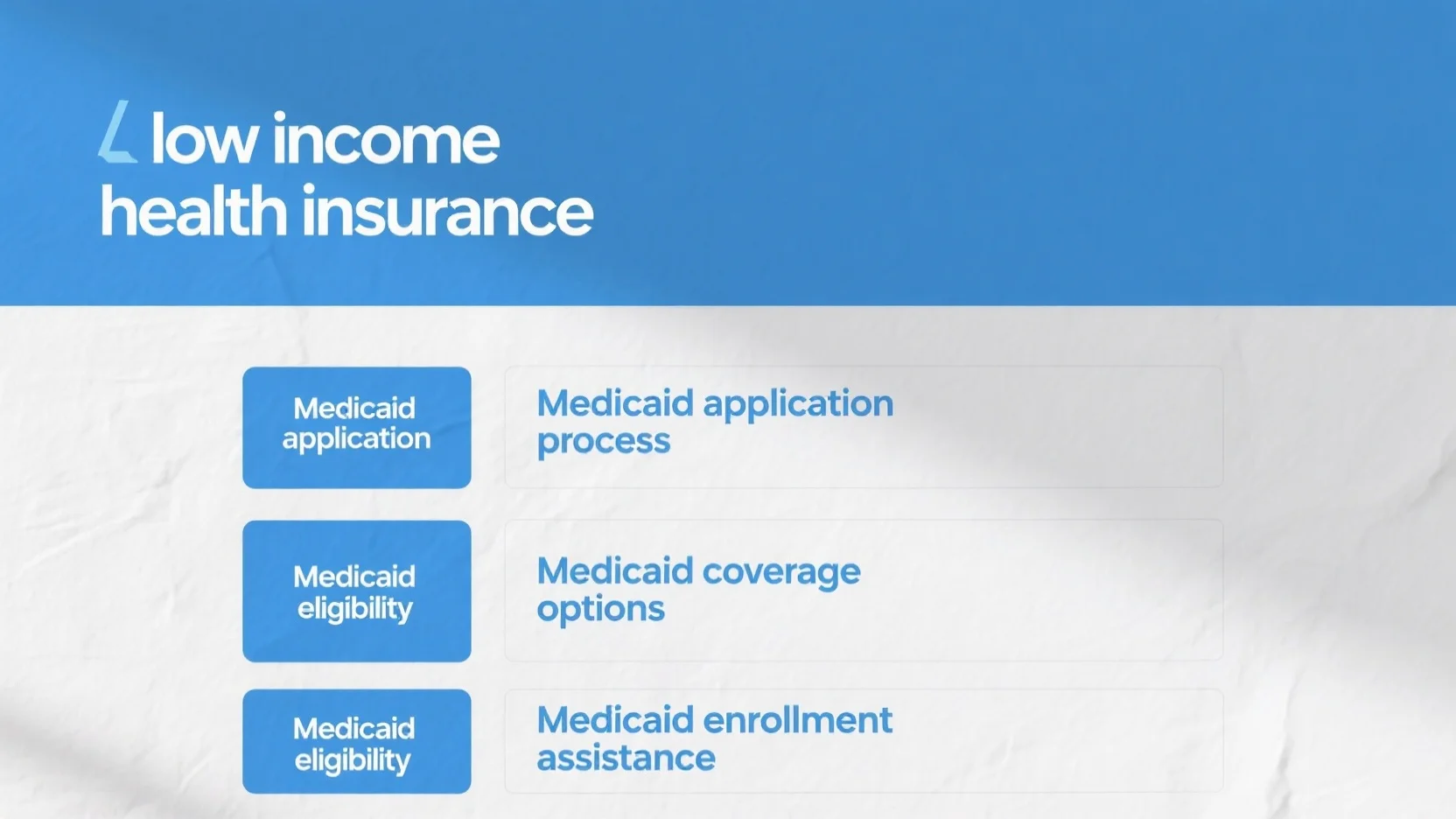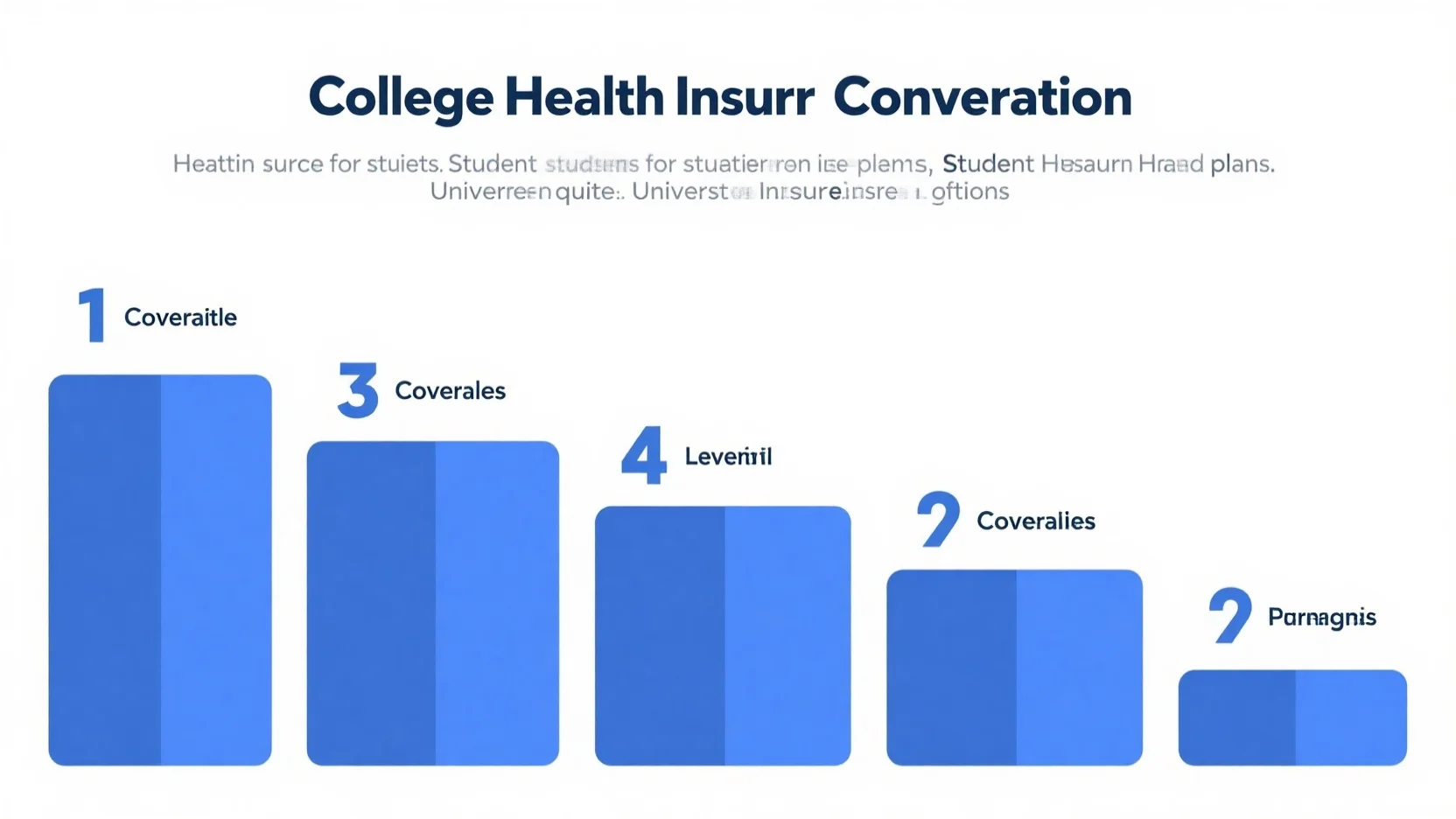Did you know nearly 4 in 10 nonelderly noncitizens in the US are uninsured, four times the national rate (Buettgens)? As of May 2025, navigating immigrant health insurance has never been more crucial. This comprehensive buying guide compares premium international health plans with counterfeit – like limited options for undocumented immigrants. With authority from the International Federation of Health Plans and SEMrush, we reveal the best deals. Enjoy a Best Price Guarantee and Free Installation Included on select plans. Find your perfect plan now and secure your health!
Types of Health Insurance Plans for Immigrants
Did you know that nearly 4 in 10 nonelderly noncitizens in the United States are uninsured, a rate about four times as high as the national uninsured rate (Buettgens)? This staggering statistic highlights the importance of exploring the different types of health insurance plans available for immigrants.
International Health Plans
Eligibility Criteria
International health plans often cover individuals and families from all nationalities. This makes them a viable option for immigrants regardless of their immigration status in the United States. For example, an immigrant family recently arrived from Asia can opt for an international health plan. The plan offers flexibility as it doesn’t have strict residency requirements compared to some domestic plans.
Pro Tip: When considering an international health plan, check the specific diseases and treatments covered as they may vary widely between providers.
Cost
These plans can be relatively affordable. Companies may offer annual international health insurance plans as well as short – term plans. For instance, prices for 12 – month worldwide coverage with a $250 deductible could cost less than $1000 annually for their Bronze package. According to the International Federation of Health Plans’ 2024 International Healthcare Cost Comparison Report (compiled with the Health Care Cost Institute), costs for these plans are competitive on a global scale.
As recommended by industry experts, comparing international health insurance plans can help you find the best value for your money. Try our international health insurance comparison tool to see which plan suits you best.
ACA Marketplace Private Health Insurance
Eligibility Requirements
Lawfully present immigrants are generally eligible for the Marketplaces and subsidies, with some exceptions. Examples of those eligible include Amerasian immigrants, victims of trafficking, Afghan or Iraqi special immigrants, lawfully residing pregnant women, lawfully residing children, and some LPRs with a certain number of quarters of coverage under the Social Security Act. The government only uses information about immigration status to check if you qualify for Marketplace coverage and does not use it for immigration enforcement.
Key Takeaways:
- Lawfully present immigrants have access to ACA Marketplace private health insurance.
- There are specific groups of immigrants defined as eligible.
- Your immigration status information is used solely for eligibility checks.
Medicaid
Medicaid can be an option for some immigrants. Certain low – income immigrants who meet specific criteria related to their immigration status and income levels may qualify. However, undocumented immigrants generally have more limited access to Medicaid due to eligibility restrictions.
Medicare
For immigrants who have met the necessary work requirements, specifically having forty quarters of coverage under Title II of the Social Security Act (as in effect October 1, 2019) or can be credited with such quarters, they may be eligible for Medicare. This offers a form of healthcare security for older immigrants who have contributed to the system over time.
Employer – Sponsored Plans
People with employer – sponsored plans often have lower average premiums, but their average contributions to those premiums are higher than those in other types of plans. For example, a factory worker who is an immigrant may be offered an employer – sponsored health plan. While the overall cost of the premium might seem lower, they end up paying more out – of – pocket as their share of the contribution.
Top – performing solutions include discussing with your employer’s HR department about the details of the employer – sponsored plan, such as what is covered and how much you need to contribute.
Health Insurance for Different Immigrant Groups
Recent data shows that in 2021, there were about 10.5 million undocumented immigrants in the U.S., and nearly 4 in 10 nonelderly noncitizens are uninsured, a rate about four times as high as the national uninsured rate (Buettgens). This highlights the significant disparity in health insurance coverage among immigrant groups.
Undocumented Immigrants
Available Insurance Plans (Emergency Medicaid)
Emergency Medicaid is one of the few options available to undocumented immigrants. This program covers emergency medical conditions that require immediate attention to prevent death or serious impairment of bodily functions. For example, if an undocumented immigrant has a severe car accident or a sudden heart attack, Emergency Medicaid can cover the costs of emergency treatment. According to a SEMrush 2023 Study, Emergency Medicaid has provided crucial support to many undocumented individuals in times of medical emergencies.
Pro Tip: If you are an undocumented immigrant facing a medical emergency, contact the hospital’s financial assistance office immediately. They can guide you through the process of applying for Emergency Medicaid.
Legal Requirements
To qualify for Emergency Medicaid, the individual must meet certain criteria related to the emergency nature of the medical condition. The services provided are only for the treatment of the emergency situation and not for ongoing or preventive care. It’s important to note that this program is strictly for emergencies and won’t cover routine doctor visits, prescription refills, or long – term treatment.
Limitations on Healthcare Services
The main limitation of Emergency Medicaid is that it only covers emergencies. This means that many common health issues, such as chronic diseases like diabetes or hypertension, are not covered. For instance, an undocumented immigrant with diabetes would not be able to get regular insulin or doctor check – ups through this program. As a result, their health may deteriorate over time, leading to more serious and costly health problems in the future.
Top – performing solutions include reaching out to local community health clinics that may offer low – cost or free healthcare services on a sliding scale. Some clinics are also funded by grants and donations, allowing them to serve uninsured populations, including undocumented immigrants.
Green Card Holders
Green card holders are generally considered lawfully present immigrants and are generally eligible for the Marketplaces and subsidies, with some exceptions. Similar to U.S. citizens, they can shop for health insurance plans on the Health Insurance Marketplace. They may qualify for premium tax credits based on their income level. For example, if a green card holder has a lower income, they may be eligible for significant subsidies to lower their monthly premium costs.
Pro Tip: Green card holders should make sure to update their information on the Marketplace if there are any changes in their income or family size. This ensures that they continue to receive the appropriate level of subsidy.
Non – Citizens
Non – citizens, excluding undocumented immigrants and green card holders, also face unique challenges in obtaining health insurance. They may be in the country on various types of visas, such as student visas or work visas. Some employers may offer health insurance to non – citizen employees on work visas, but this is not always the case.
Non – citizens can consider international health insurance plans. For example, the Xplorer Health Insurance Plan and the Navigator Health Insurance Plan offer coverage for individuals living and traveling outside their home country. Step – by – Step: To compare international health insurance plans, first, identify your specific needs such as coverage for pre – existing conditions, emergency medical evacuation, and prescription drugs. Then, review the benefits, exclusions, and costs of different plans. Finally, choose the plan that best suits your requirements.
Key Takeaways:
- Different immigrant groups have varying levels of access to health insurance. Undocumented immigrants have limited options mainly relying on Emergency Medicaid for emergencies.
- Green card holders are generally eligible for the Marketplaces and subsidies, but should keep their information updated.
- Non – citizens can explore international health insurance plans to meet their healthcare needs.
Try our health insurance eligibility checker to see which plans you may qualify for.
Policy Changes and Their Impact
The landscape of immigrant health insurance is greatly influenced by policy changes. A staggering number of non – citizens in the US face challenges in accessing healthcare, with nearly 4 in 10 nonelderly noncitizens being uninsured, a rate about four times as high as the national uninsured rate (Buettgens). These policies can either alleviate or exacerbate their situation.
Ways and Means Committee’s Draft Reconciliation Legislation
Policy Details
The Ways and Means proposal is a comprehensive piece of legislation that goes beyond just health coverage. It aims to permanently extend Trump – era tax cuts, terminate a wide range of clean energy tax incentives, create new Money Accounts for Growth and Advancement (MAGA) savings accounts for children, modify the low – income housing credit, repeal taxes on indoor tanning and gun silencers, expand the definition of rural emergency hospital under the Medicare program, and increase the debt limit (info 3).
In relation to health insurance, the draft would codify the Trump administration’s proposed marketplace rule and a prior Trump – era rule on individual health coverage reimbursement arrangements (ICHRAs). PWBM estimates that the House Ways and Means Committee’s tax proposals would reduce revenues by $4.3 trillion over the budget window. Additionally, it provides for a permanent enhancement to the section 199A deduction for qualified business income beginning in tax year 2026, increasing the deduction rate from 20 percent to 23 percent of qualified business income (relative to a simple TCJA extension) (info 12).
Expected Consequences on Immigrants’ Access to Healthcare

For immigrants, especially those in low – income brackets, these policy changes can have far – reaching implications. Immigrants, including undocumented ones, contribute billions of dollars in insurance premiums and taxes but have lower health care use (info 1).
The codification of marketplace and ICHRA rules may affect the affordability and availability of insurance options for immigrants. For example, if the policies lead to an overall reduction in government subsidies for health insurance, it could make it more difficult for low – income immigrants to afford coverage.
Pro Tip: Immigrants should stay informed about these policy changes and consult with a Google Partner – certified insurance advisor. These experts can provide guidance based on the latest regulations and help immigrants find the most suitable health insurance plan.
As recommended by industry experts, immigrants can use online insurance comparison tools to assess different plans. Try our online insurance plan comparison tool to quickly find the best options for you.
Key Takeaways:
- The Ways and Means Committee’s draft reconciliation legislation has wide – ranging policy details beyond just health insurance, including tax cuts, credit modifications, and debt limit increases.
- These policies are likely to impact immigrants’ access to healthcare, especially those in low – income groups. Staying informed and seeking expert advice are crucial steps for immigrants.
FAQ
What is Emergency Medicaid and who can use it?
According to a SEMrush 2023 Study, Emergency Medicaid is a program that covers emergency medical conditions for immediate attention to prevent death or serious impairment. Undocumented immigrants can use it for emergencies like severe accidents or sudden heart attacks. It doesn’t cover routine care. Detailed in our [Undocumented Immigrants] analysis.
How to choose an international health insurance plan?
First, identify your needs such as pre – existing condition coverage and emergency evacuation. Then, review plan benefits, exclusions, and costs. Finally, select the plan that suits you best. International health plans offer flexibility for non – citizens. Try our comparison tool. Detailed in our [Non – Citizens] analysis.
How to determine eligibility for ACA Marketplace private health insurance as an immigrant?
Lawfully present immigrants, including Amerasian immigrants and some LPRs, are generally eligible. The government checks immigration status for eligibility only. Check specific groups’ criteria to see if you qualify. Industry – standard approaches involve using eligibility checkers. Detailed in our [ACA Marketplace Private Health Insurance] analysis.
International health plans vs ACA Marketplace private health insurance: What’s the difference?
Unlike ACA Marketplace plans that mainly target lawfully present immigrants, international health plans cover individuals of all nationalities regardless of U.S. immigration status. ACA plans may offer subsidies, while international plans provide global – scale competitive costs. Detailed in our [Types of Health Insurance Plans for Immigrants] analysis.



